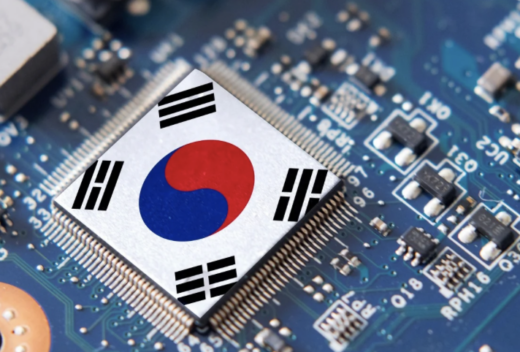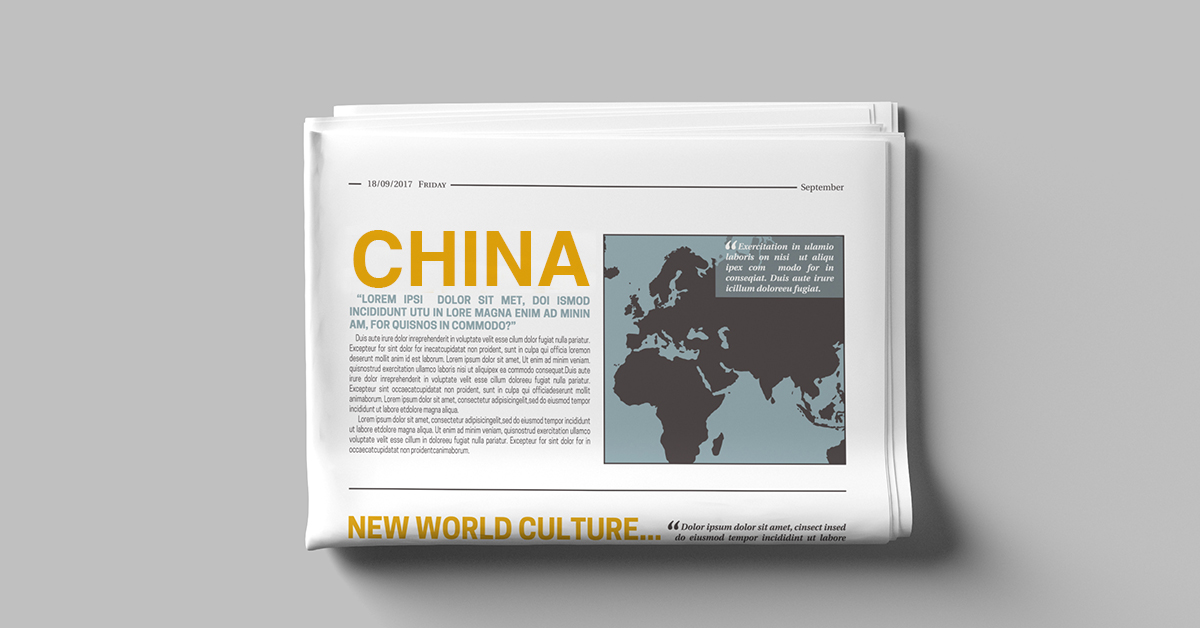Chinese’s Scientist Build the First Carbon AI Chip
Chinese scientists have developed the world’s first carbon-based microchip capable of running AI tasks using a ternary logic system—processing data in three states instead of just ones and zeros. Led by researchers from Peking University, this innovation could revolutionize computing by outperforming silicon chips in speed, efficiency, and scalability. The carbon nanotube (CNT) transistor chip demonstrated flawless accuracy in AI-driven image recognition, marking a major step toward next-generation semiconductors. With higher carrier mobility and lower power consumption, CNT-based chips could surpass the limits of Moore’s Law.

iFlyTek Eyes European Expansion Amid US-China Trade Tensions
Amid escalating US-China trade tensions, Chinese AI firm iFlyTek plans to expand its European footprint to diversify its supply chain and mitigate the impact of tariffs. With North America being its largest market outside China, the company aims to reduce dependence on the US by targeting new markets. iFlyTek, which already operates in France and Hungary, is set to open a new office in Paris soon. The expansion strategy comes as the US imposes additional tariffs on Chinese electronics, including smartphones and computer chips, prompting iFlyTek to adapt its business model for greater stability.
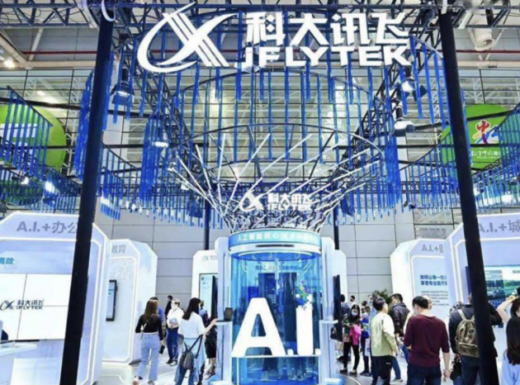
NetEase Shuts Down Cloud Service as Competition Intensifies
Chinese tech giant NetEase is shutting down its public cloud service, marking a strategic retreat in an increasingly competitive market dominated by Alibaba, ByteDance, and state-backed firms. The company cited a “business strategy adjustment” and will officially take the service offline on April 7. Analysts point to NetEase’s lack of a competitive edge, particularly in the booming AI-driven cloud sector. This move underscores the fierce battle in China’s cloud industry, where firms are racing to capitalize on the country’s AI ambitions. NetEase will now focus on its big data business, shifting away from direct competition in cloud computing.
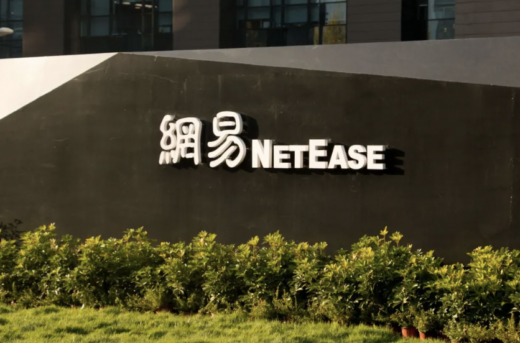
Trump Criticizes CHIPS Act, Calls for End to Semiconductor Subsidies
President Donald Trump sharply criticized the CHIPS and Science Act, a bipartisan law providing $52.7 billion in subsidies for U.S. semiconductor manufacturing, calling it a “horrible” program that wastes taxpayer money. Trump proposed eliminating the law and redirecting the funds to reduce national debt. Signed into law by President Biden in 2022, the CHIPS Act was designed to reduce U.S. dependence on foreign chips by incentivizing semiconductor companies to build factories in the U.S.
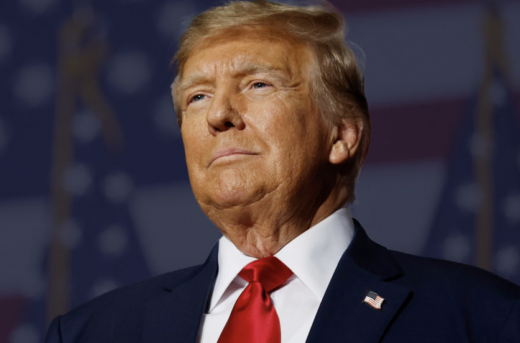
AxeleraAI Secures €61.6M Grant to Boost AI Chip Development in Europe
AxeleraAI, one of Europe’s few AI chipmakers, has received a €61.6 million grant to develop a high-performance chip for data centres, aiming to close the competitiveness gap with the US and China in AI technology. Based in Eindhoven, Netherlands, the company will use the funding to develop its Titania chip, designed for “inference” AI computing, which is essential for deploying large AI models. While not competing with Nvidia in training, AxeleraAI focuses on optimizing AI model execution. The new chip will use the open-source RISC-V standard, offering an alternative to Intel and Arm systems, and contributing to Europe’s AI ambitions.

The US is Considering Banning Chinese Chatbot DeepSeek
The US government is considering banning Chinese AI chatbot DeepSeek from government devices due to national security concerns, according to The Wall Street Journal. Officials worry about how the chatbot handles user data, which is stored in China. Discussions also include restricting its availability in app stores and limiting cloud providers from offering its AI models. DeepSeek’s low-cost models have already shaken global markets, raising fears about its impact on industry leaders

South Korea Launches $34B Fund to Boost Strategic Tech Sectors Amid Global Competition
South Korea is establishing a $34 billion policy fund to support companies involved in key technologies such as semiconductors, automobiles, and biopharmaceuticals, as part of its strategy to strengthen economic security amid rising global protectionism. The government aims to attract global talent with specialized skills by offering top-tier visas and permanent residency to foreign professionals. The fund, managed by the Korea Development Bank, will provide loans and investments to companies in strategic sectors over the next five years.
